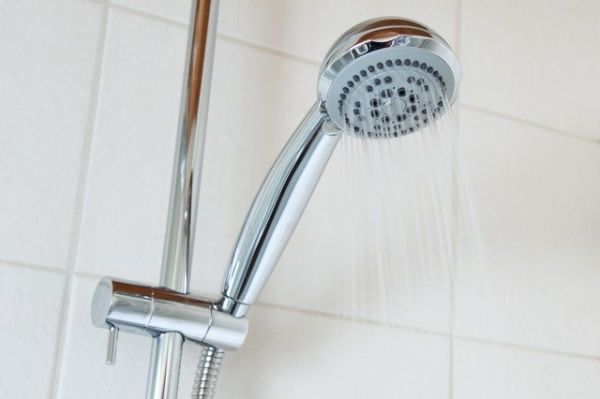Various forms of University accommodation were fitted with Aguardio sensors that automatically – and unobtrusively – measure shower duration, as well as feedback units that display shower times.
Results from the first four months of the research, which began in October last year, found that residences with display units had showers that were around 20 to 30 per cent shorter (on average) compared to those with sensors only; a saving of roughly two minutes per shower.
With a high-level threat of water security for nearly 80 per cent of the world’s population, adopting better behaviour to reduce water consumption is seen as necessary.
Dr Heather Smith, Lecturer in Water Governance, Cranfield Water Science Institute, said: “The difficulty with showering is that it is, for good reason, a hidden behaviour. There are limitations on what factors can influence these hidden behaviours, unlike other more visible behaviours, such as buying plastic bags, which are more readily influenced by social norms.
Continue reading at Cranfield University
Image via Cranfield University


